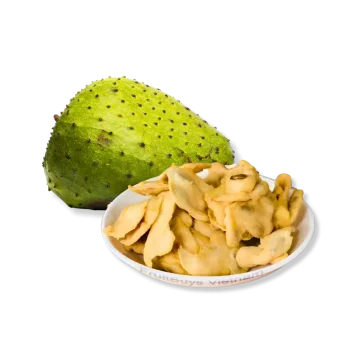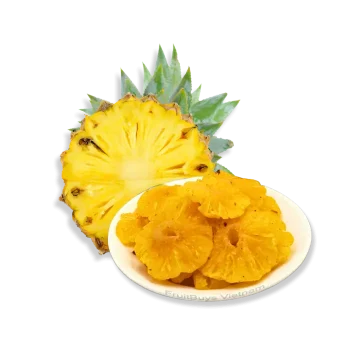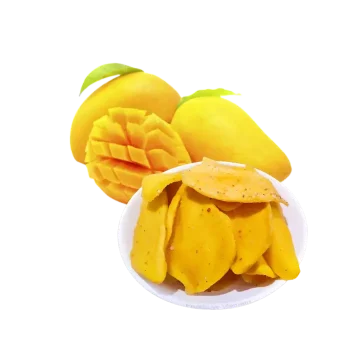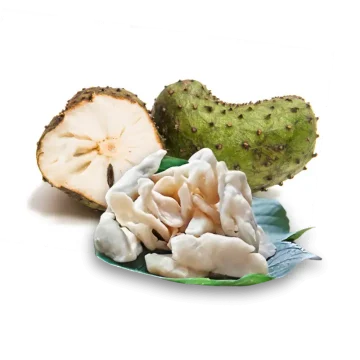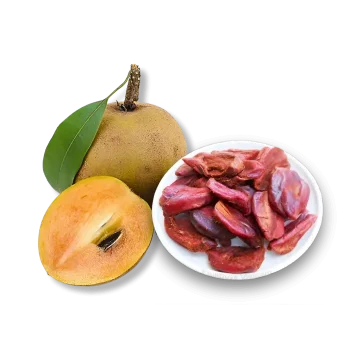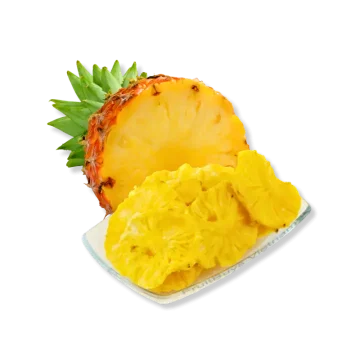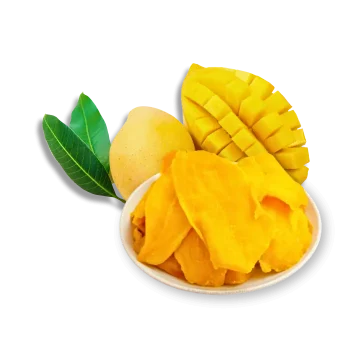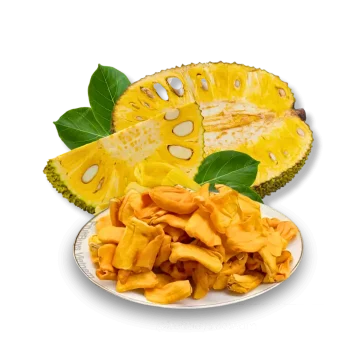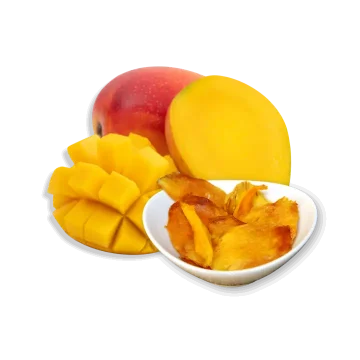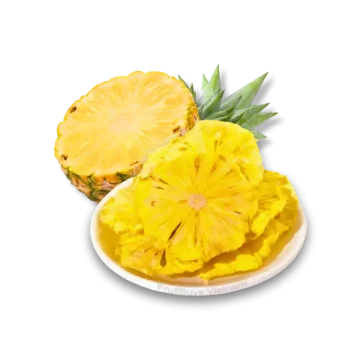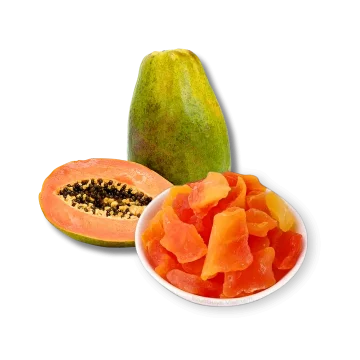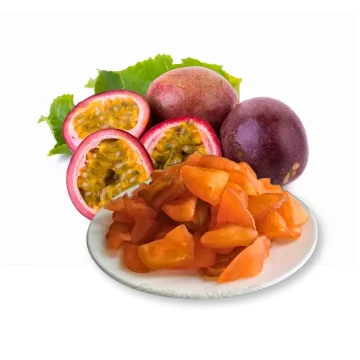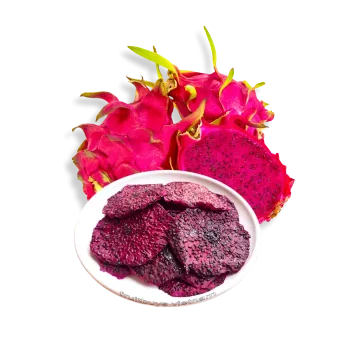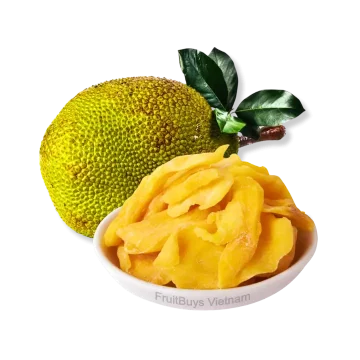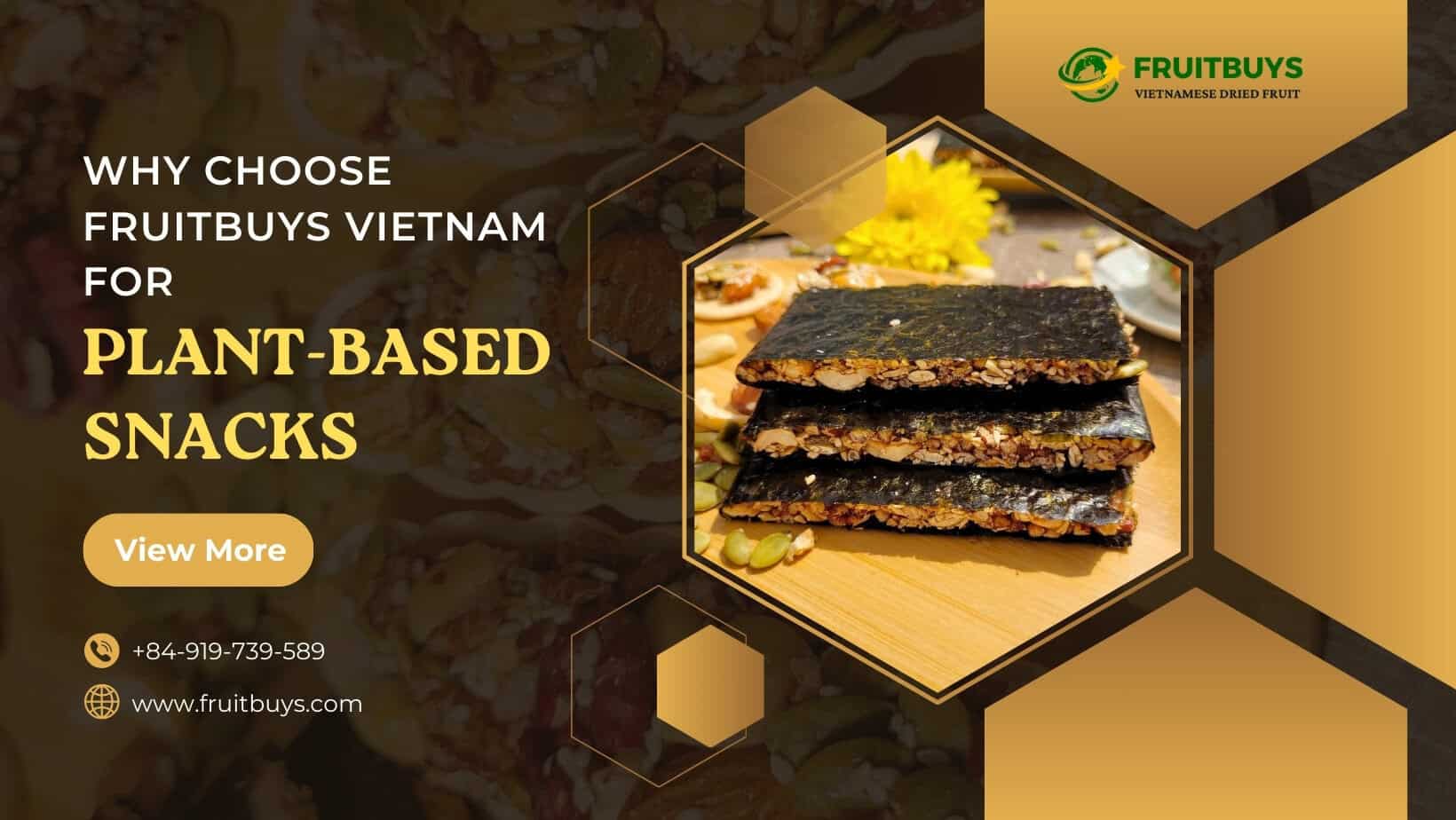Welcome to the FruitBuys blog post about mangoes! Are you a fan of this delicious tropical fruit? If not, we bet we might change your mind by the end of this post. In this post, we’ll explore everything about mangoes – from the history and origins of mangoes to the different types of mangoes, their benefits, nutrition, and how eating mangoes will help you boost your health. We’ll also share some creative and delicious recipe ideas for incorporating mangoes into your meals and snacks. Get ready to be a mango lover when you’re done reading!

I. History of mango
Mango is a tropical fruit that has been enjoyed by people all over the world for centuries. The origin of mangoes can be traced back to the Indian subcontinent, where they have been cultivated for more than 4,000 years. Mangoes are grown in many different climates, but they grow best in warm and humid environments. They are commonly grown in regions near the equator, such as South Asia, Southeast Asia, and South America. Mangoes grow on trees and need a lot of sunlight and water to grow.
They can be grown from seeds or from cuttings taken from mature trees. Over the centuries, mangoes have spread to other parts of the world and are now grown in many tropical and subtropical regions. They are popular in countries like Mexico, the Philippines, and Australia, as well as in many parts of the United States. In Vietnam, mango is just one of many delicious fruits grown in the country. Other popular fruits include pineapple, jackfruit, banana, papaya, dragon fruit, durian, and passion fruit.
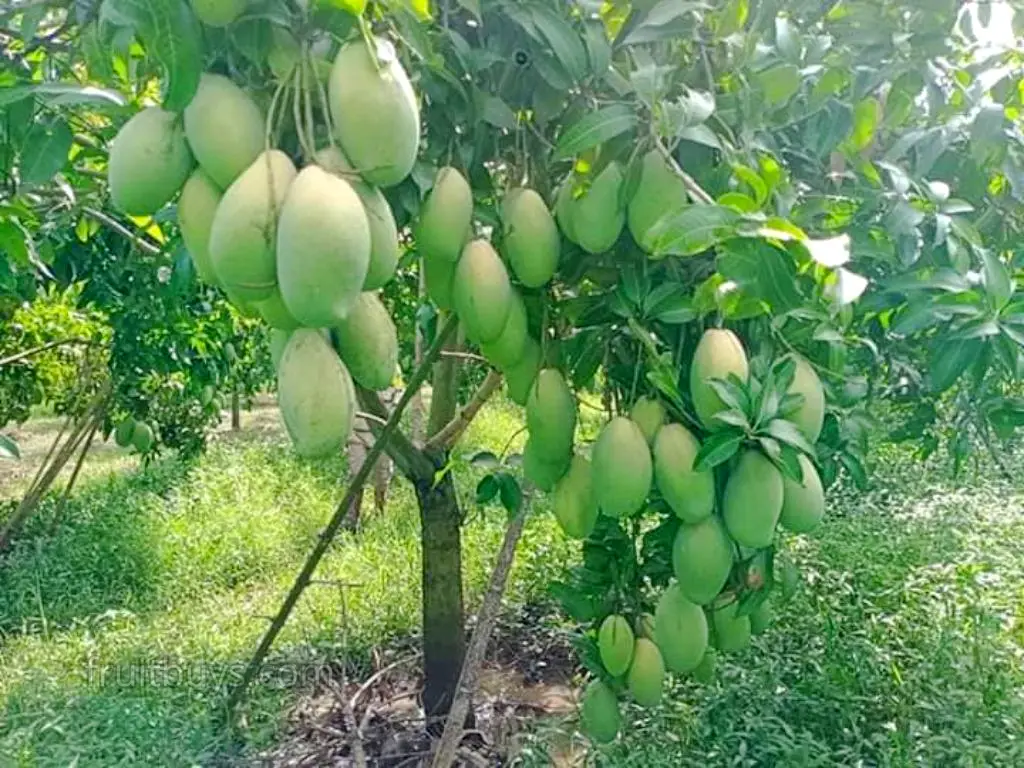
These fruits are loved by both locals and tourists and can be found in markets and supermarkets throughout the country. Overall, mango is a favorite fruit with a rich history and global presence. Whether you are enjoying mangoes in Vietnam or elsewhere, you can appreciate the delicious taste and rich cultural history of this tropical dish.
II. Types of mangoes
Mango is a tropical fruit loved by people all over the world for its sweet and succulent taste. But did you know that there are many different varieties of mangoes, each with its own unique characteristics? Here is a list of some popular mango varieties and their characteristics:
- Tommy Atkins: This mango is known for its firm texture and sweet, slightly tart flavor. It is a popular variety in the United States and is often used in mango salads and smoothies.
- Alphonso: This is a type of mango that originated in India and is known for its extremely sweet and aromatic taste. It has a smooth creamy texture and is commonly used in Indian desserts and beverages.
- Ataulfo: This mango is smaller and more oval in shape than other mango varieties. It has thin skin and a very sweet, almost honey-like taste. It is often used in fruit salads and smoothies.
- Haden: This mango is known for its bright red-yellow skin and sweet, slightly tart flavor. It is commonly used in baking and cooking, as well as in fruit salads and smoothies.
- Keitt: This mango is large in size, sweet in taste, and succulent. It is a popular variety in the United States and is often used in mango salsa and fruit salads.
- Keo Mango (Acacia mango): If other mango varieties when green, they will be very sour, only delicious and sweet when ripe, then Acacia mango has both of the above advantages. When the fruit is still green, the fruit is slightly sour and crunchy, and when it is ripe, the Acacia mango is sweet and fragrant. That’s why Keo mango was chosen as a dried fruit to bring the most delicious flavor
In addition to these varieties, there are many other varieties of mango grown around the world, including the Kent mango popular in Latin America, and the Irwin mango popular in Australia. Whichever mango you choose, they’re delicious and a great addition to any main meal or snack.
III. Mango benefits
Mango is a delicious and nutritious fruit loved by people all over the world. Not only are they sweet and succulent, but they also offer numerous health benefits that make them a great choice for anyone looking to improve their overall health.
-
Rich in nutrients
Mangoes are an excellent source of nutrients, including vitamin C, vitamin A, and vitamin E, as well as important minerals like potassium, copper, and magnesium. They are also a good source of fiber, which can help support digestive health.
-
May reduce the risk of heart disease
The nutrients in mangoes, especially antioxidants, may help reduce the risk of heart disease. High levels of vitamin C and beta-carotene can also help reduce inflammation in the body, which is a contributing factor to heart disease.
-
May help with weight loss
Although mangoes are high in natural sugars, they’re also low in calories and high in fiber, which can help keep you feeling full and satisfied. This can be especially beneficial for those trying to lose weight, as it can help reduce cravings for unhealthy junk food.
-
May improve immune function
The high vitamin C content in mangoes can help boost immune function, helping to protect the body from infection and disease.
-
May improve skin health
Mangoes contain antioxidants that can help protect the skin from damaging free radicals. The vitamin C in mangoes can also help boost collagen production, which improves skin elasticity and reduces the appearance of wrinkles. Overall, mango is a delicious and nutritious fruit that offers many health benefits. They can be enjoyed on their own or added to a variety of dishes to enhance flavor and nutrients.
IV. Mango nutrition
Mango is a delicious and nutritious fruit loved by people all over the world. According to the Food and Nutritional Database for Dietary Research (FNDDS) of the United States Department of Agriculture (USDA) for the 2019-2020 growing period, 100 grams of mango contains
- 83.46 grams of water,
- 60 calories,
- 0.82 grams of protein,
- 0.38 grams of fat
- 14.98 grams of carbohydrates.
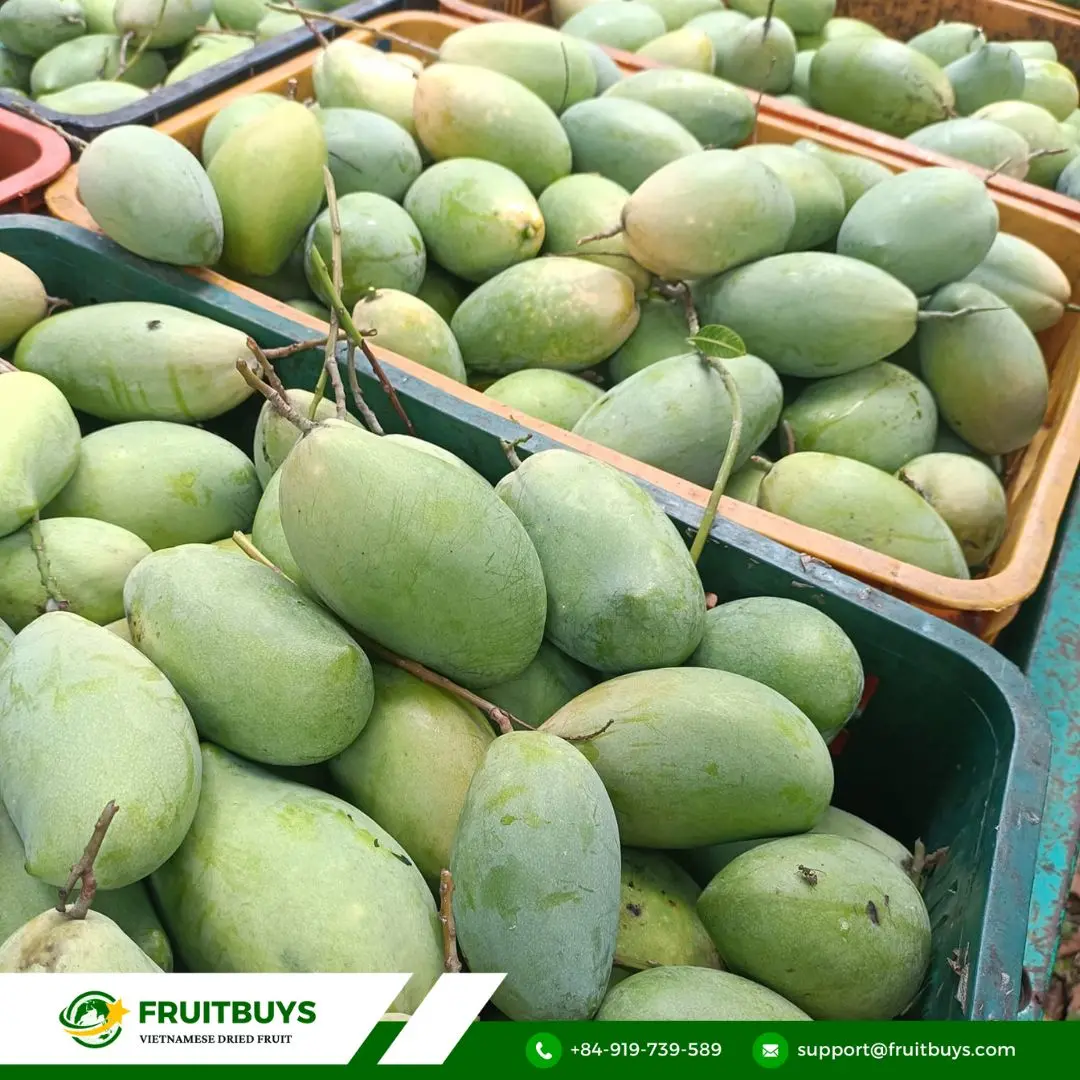
In addition to these macronutrients, mangoes are also a good source of fiber, with 1.6 grams per serving. They also contain a variety of micronutrients, including calcium, iron, magnesium, phosphorus, potassium, and zinc. Mangoes are also a rich source of vitamin C, with 36.4 mg per serving, as well as other B vitamins like thiamin, riboflavin, and niacin.
V. Is mango good for you
Mangoes are also a good source of vitamin A, with 54 micrograms of retinol active equivalent (RAE) per serving. They contain many different types of carotenes, including beta-carotene, alpha-carotene, and lycopene, which can be converted into vitamin A in the body. In terms of fatty acids, mango contains a mixture of saturated, monounsaturated, and polyunsaturated fats. The total amount of fat in a serving of mango is relatively low, at 0.38 grams, mostly coming from monounsaturated fats.
Overall, mango is a nutritious and delicious addition to any diet. They can be enjoyed on their own as a snack, or used as a flavoring addition to many dishes. Mango is a tropical fruit loved by people all over the world for its sweet and succulent taste. While they are delicious and nutritious snacks, it’s important to be aware of the potential harm of eating too many mangoes. One of the main concerns with eating a lot of mangoes is the high sugar content. While all fruits contain natural sugars, mangoes are relatively high in sugar.

Consuming too much sugar can lead to weight gain, tooth decay, and an increased risk of type 2 diabetes. It’s important to pay attention to your sugar levels, especially if you’re trying to control your sugar levels. blood or maintain a healthy weight. Another potential problem with eating a lot of mangoes is the risk of developing an allergic reaction. Some people may experience allergic symptoms such as hives, swelling, or difficulty breathing after eating mangoes. If you have a history of allergies or sensitivities, it is important to exercise caution when including mangoes in your diet.
There are certain groups of people who should be especially careful when eating mangoes. Pregnant and lactating women should exercise caution when eating too many mangoes due to the risk of premature birth or allergic reactions in babies. Children and people with weakened immune systems should also use caution when eating mangoes due to the risk of food poisoning from bacteria on the skin.
In conclusion, mango is a nutritious and delicious fruit that can be enjoyed as part of a healthy diet. However, it is important to be aware of the potential harms of consuming too much mango, such as its high sugar content and the risk of developing an allergic reaction. Pregnant women, nursing mothers, children, and people with weakened immune systems should be especially cautious when eating mangoes.
VI. Ways to enjoy mangoes
Mango is a delicious and versatile fruit that can be enjoyed in a variety of sweet and savory dishes. From smoothies and salsas to grilled chicken and cocktails, there are endless ways to enjoy this tropical fruit. Here are a few ideas for incorporating mango into your meals and drinks.
*Recipe Ideas for Using Mango in Sweet and Savory Dishes:
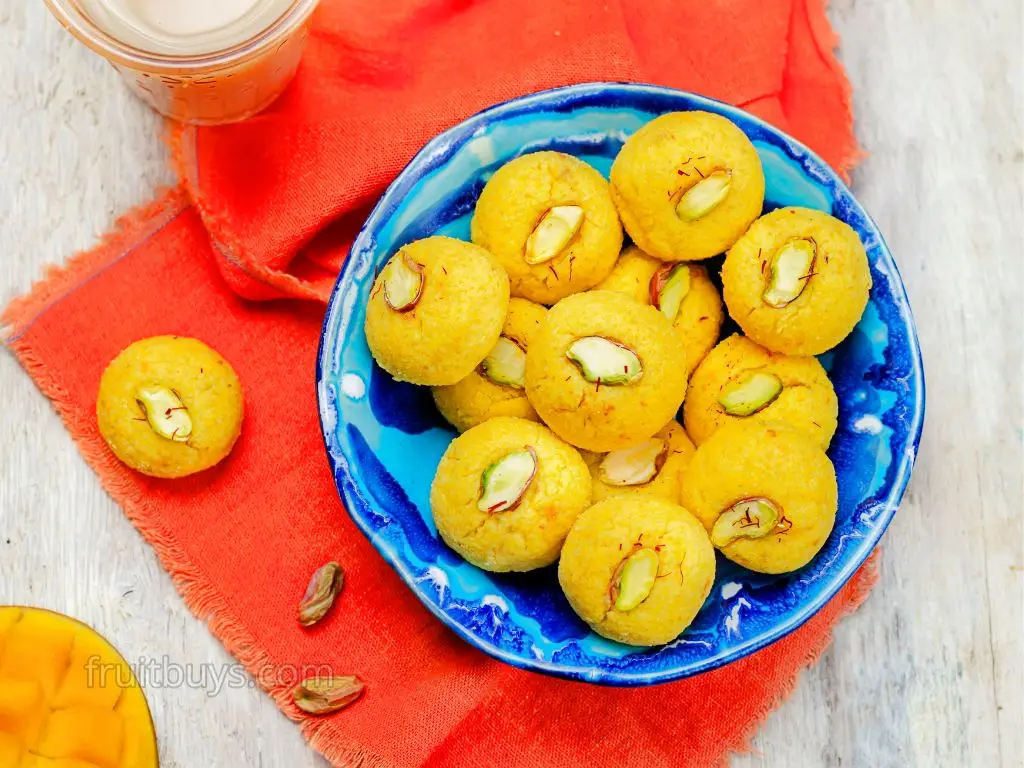
- Mango Smoothie: Start your day off with a refreshing mango smoothie. Simply blend together mango, banana, yogurt, and your choice of milk or water for a tasty and healthy breakfast or snack.
- Mango Salsa: Add some tropical flavor to your next Mexican-inspired meal with mango salsa. Simply dice up some mango, onion, cilantro, and jalapeno, and mix together with a squeeze of lime juice. Serve with grilled chicken or fish or as a topping for tacos or nachos.
- Grilled Chicken with Mango Salsa: For a tropical twist on grilled chicken, top it off with mango salsa. Simply grill some chicken breasts and serve with a side of mango salsa and some steamed rice or quinoa.
*Ideas for Using Mango in Drinks:
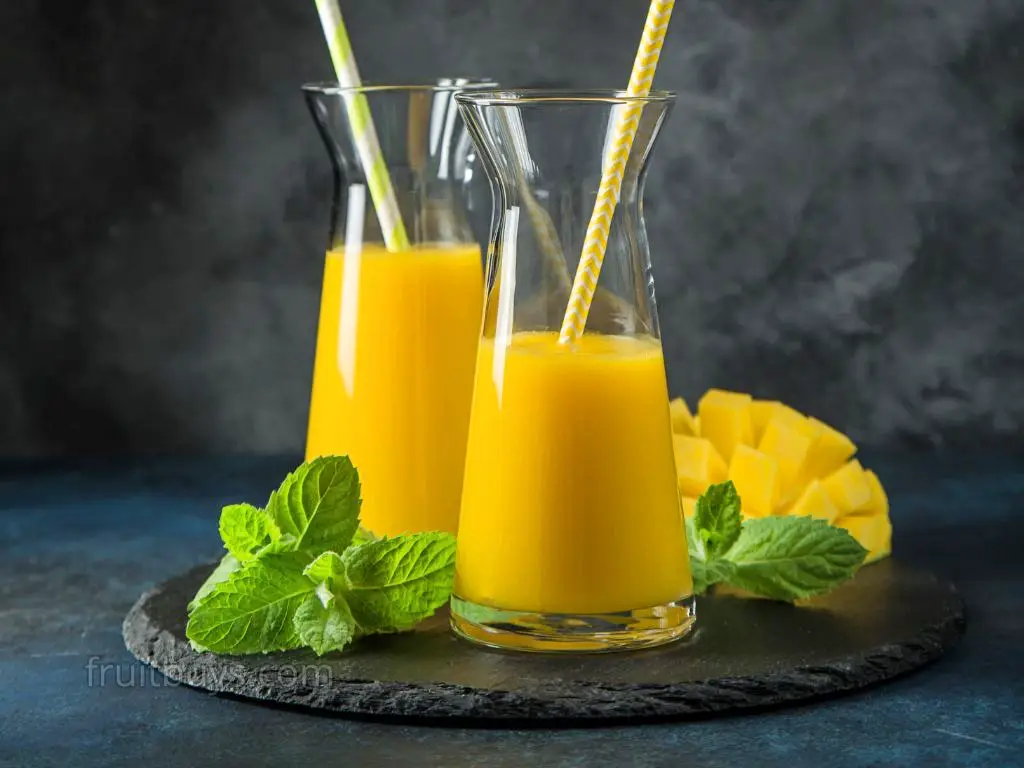
- Mango Lassi: For a refreshing and creamy drink, try making a mango lassi. Simply blend together mango, yogurt, and water or milk, and serve over ice.
- Mango Margarita: Add some tropical flair to your next happy hour with a mango margarita. Simply blend together mango, tequila, lime juice, and some simple syrup or agave nectar. Serve over ice and garnish with a slice of mango and a sprinkle of chili powder for a spicy kick.
*Dried Mango Varieties:
- Freeze-Dried Mango: For a crunchy and convenient snack, try to freeze-dried mango. Simply grab a bag and enjoy it on the go, or use it as a topping for yogurt or oatmeal.
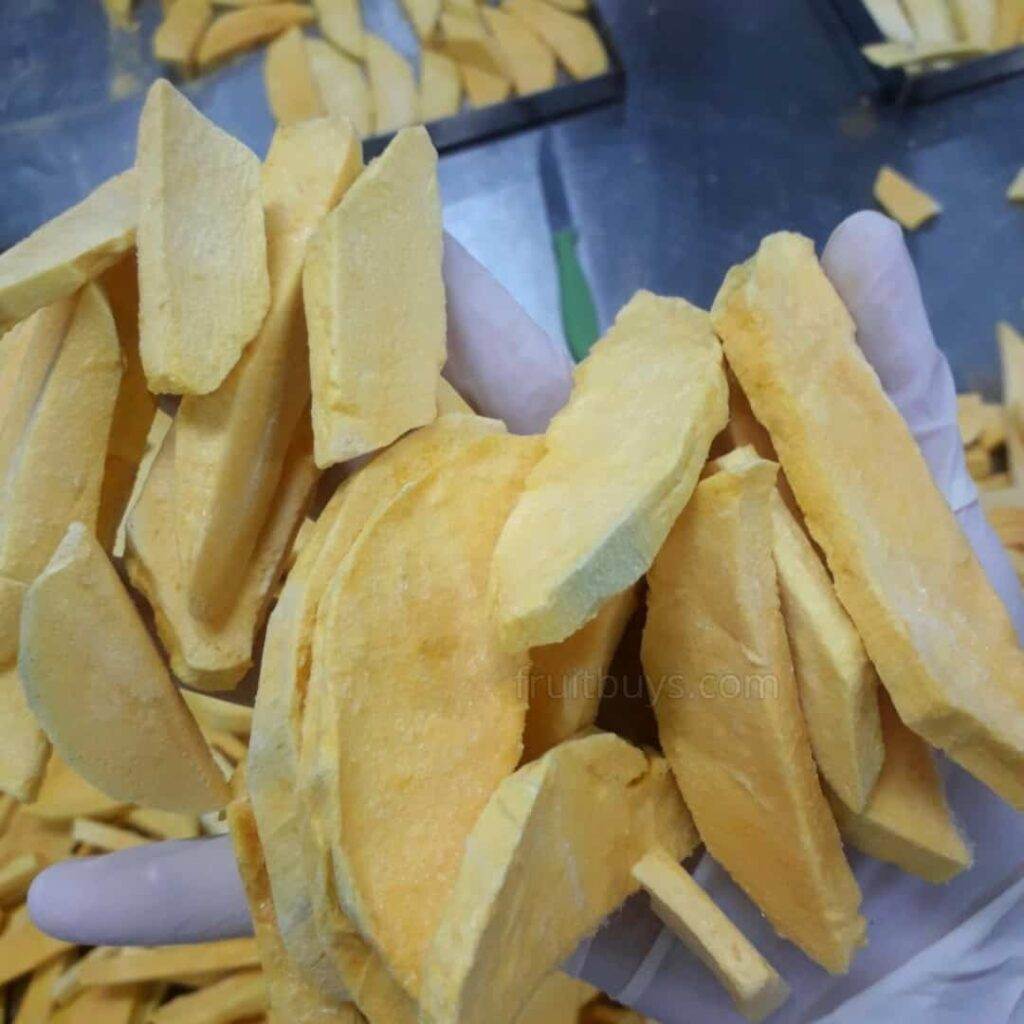
- Dried Mango No Sugar Added: For a healthier option, try dried mango with no added sugar. These can be found at many health food stores and are a great option for those looking to limit their sugar intake.
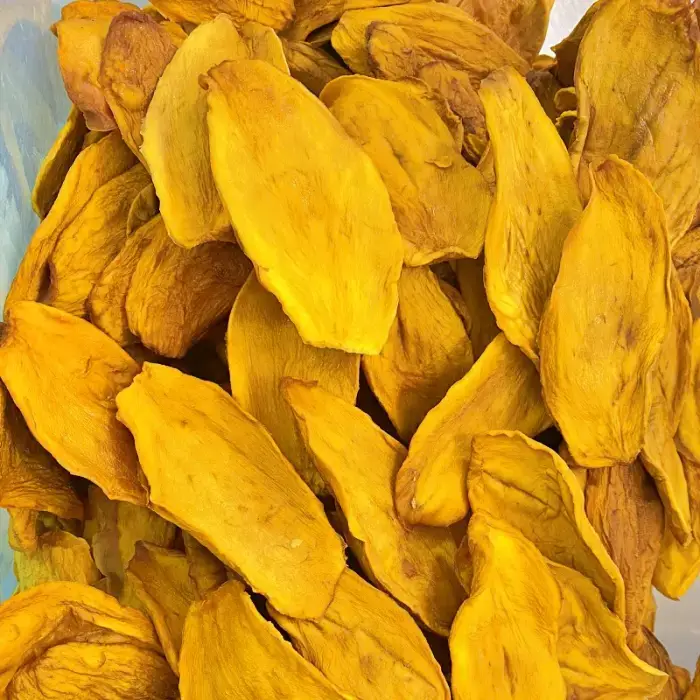
- Dried Mango Low Sugar: For a slightly sweeter option, try dried mango with a lower sugar content. These can often be found at specialty stores or online.

- Crispy Mango Chips: For a crispy and tasty snack, try crispy mango chips. These are made by thinly slicing mango and dehydrating it until it becomes crispy. Enjoy them as a snack on their own or as a topping for salads or bowls.
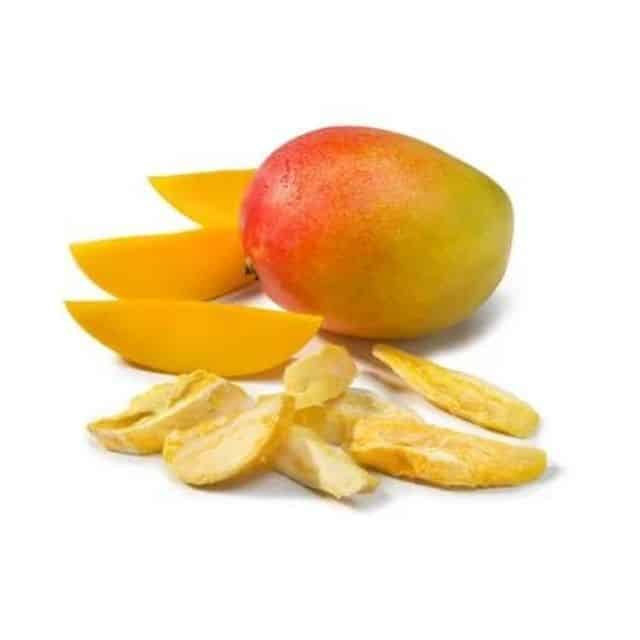
Overall, mango is a delicious and versatile fruit that can be enjoyed in a variety of sweet and savory dishes. From smoothies and salsas to grilled chicken and cocktails, there are endless ways to incorporate this tropical fruit into your meals and drinks. Don’t be afraid to get creative and try out new ways to enjoy mango!
Read more: [Dried Mango Slices] Which Type is Best for Your Health?
VII. Conclusion
Mango has a rich history dating back thousands of years. They are native to South Asia and have since spread to become a favorite fruit in many parts of the world. There are over 1000 different varieties of mangoes, varying in size, shape, and taste. Some popular varieties include the sweet and succulent Alphonso, Tropical Honey, and fragrant Tommy Atkins. Mangoes contain many nutrients that have many health benefits. They are high in vitamin C, which boosts the immune system, and contain high levels of antioxidants that help prevent cell damage.
Mangoes are also a good source of fiber, potassium, and other essential vitamins and minerals. So is mango good for you? The answer is yes! In addition to nutrients, mangoes are low in calories and fat, making them a healthy choice for weight management. There are many ways to enjoy mangoes, from eating them fresh to using them in smoothies and sauces. Another delicious option is to try different types of dried mangoes. Freeze-dried mangoes retain the natural flavor and nutrients of fresh mangoes, while unsweetened or low-sugar dried mangoes are a healthier alternative for those watching their sugar intake.
Crispy mango is another delicious option that makes the perfect snack. To sum up, mango is a nutritious and delicious fruit that can be enjoyed in many different ways. Their history and versatility make them a much-loved fruit, and their health benefits make them a great choice for those looking to incorporate more nutrients into their diet. drink your own. So the next time you want to enjoy a delicious and healthy snack, consider eating a mango!
FruitBuys Vietnam is a leading supplier of freeze dried fruit and dried fruit snacks in Vietnam. We dry fruit without added sugar to create healthy and delicious snacks for both individuals and businesses. We offer a wide variety of fruits, great wholesale prices, and fast shipping. We also provide packaging and printing services, no minimum quantity order policy, free samples, and support for customs clearance. Contact us today to order our high profit margin products and taste our dried fruits.
